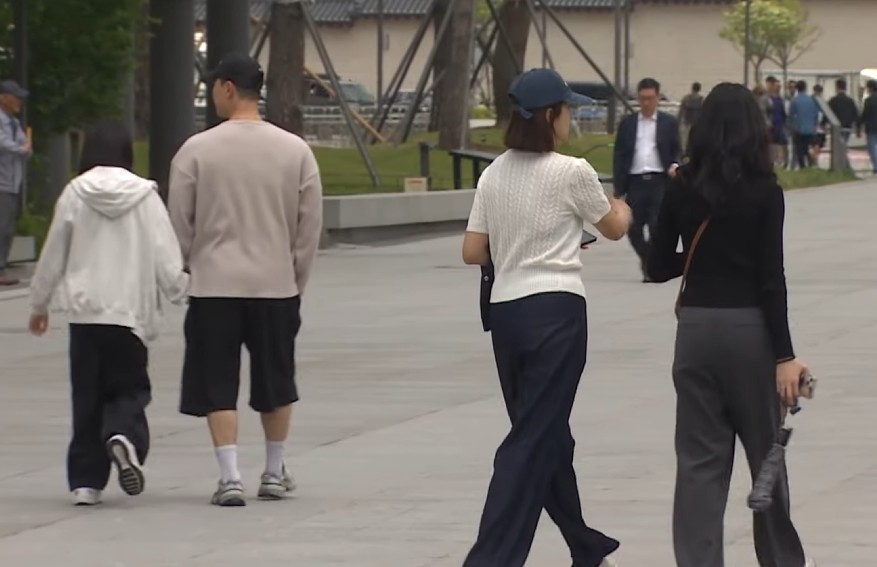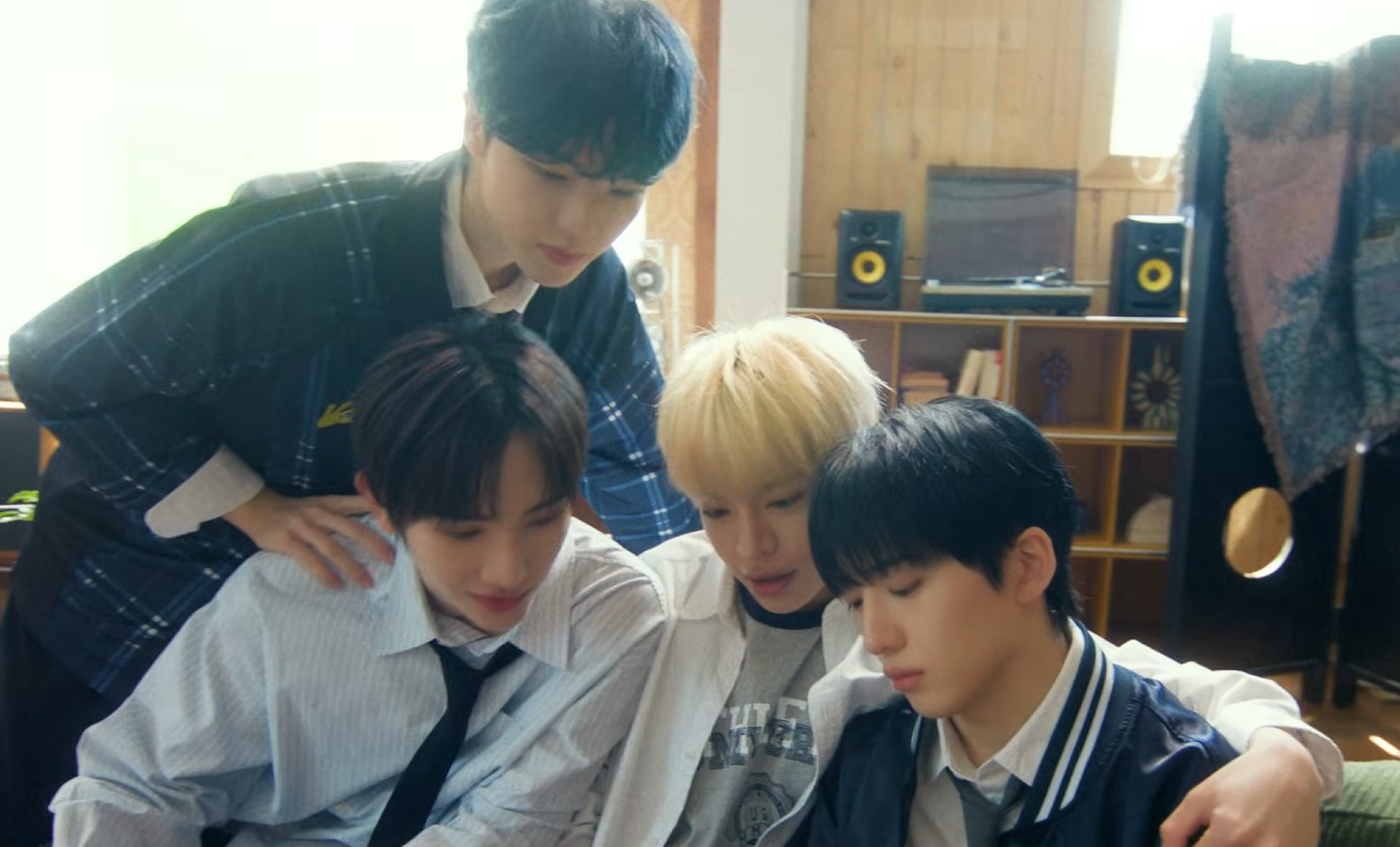Changing social dynamics are reshaping traditional family values in South Korea, as more South Korean youth express support for nonmarital births. In a society long rooted in conservative values and Confucian norms, this shift signals a broader generational change in how young people define family and responsibility.
In 2020, Japanese TV personality Fugi gave birth to a son via sperm donation and chose to raise him as a single mother. A year later, a South Korean model made headlines after giving birth to an actor’s child out of wedlock. These incidents sparked intense debate in both Japan and South Korea, two nations historically hesitant to accept births outside of marriage.
However, recent survey data from the Korea Women’s Development Institute reveals a significant change among South Korean youth. Support for nonmarital births among women in their 20s jumped from 28.4% in 2008 to 42.4% in 2023. Among men in the same age group, approval rose from 32.4% to 43.1%.
Public interviews show a wide spectrum of opinions. Some young adults argue that legal marriage should not be the only valid path to raising a child, pointing out the growing diversity of family structures in modern society. Others remain cautious, citing concerns over insufficient government support and the societal stigma that still lingers around nontraditional family arrangements.
Despite a more open mindset, challenges remain. Many respondents expressed worries about the child’s well-being and societal judgment. Some noted that children born out of wedlock may lack the same legal protections or social acceptance as those from traditional marriages. Others voiced concern about the responsibilities that fall unevenly on mothers and the enduring expectations of fatherhood in Korean culture.
Still, a growing segment of the youth population believes in the right to choose alternative family paths. Those with experience living abroad or exposure to more liberal cultures often express more progressive views, suggesting that global influence may play a role in reshaping local perspectives.
Amid these cultural shifts, South Korea continues to grapple with the lowest birth rate in the world—currently averaging just 0.75 children per woman. Some experts argue that acknowledging and supporting nonmarital births could be a step toward alleviating the demographic crisis. But South Korean youth remain skeptical, emphasizing that deeper structural issues—like poor work-life balance, high living costs, and social pressures—are the real deterrents to parenthood.
While the rise in support for nonmarital birth may not be a cure-all for the country’s population woes, it highlights a fundamental transformation in how younger generations view personal freedom, gender roles, and the meaning of family in modern South Korea.














Leave a Reply